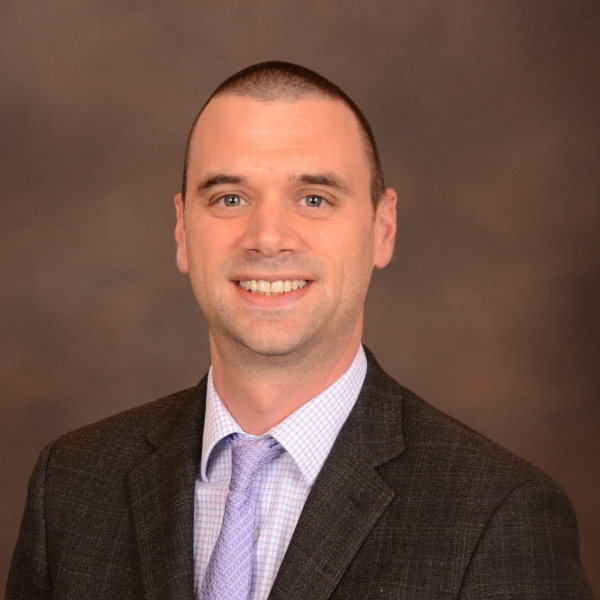Dr. Jason Pogue Comments on Use of Chloroquine and Hydroxychloroquine Against Coronavirus

Jason Pogue, PharmD, infectious diseases clinical pharmacist at Michigan Medicine, and Clinical Professor at the University of Michigan College of Pharmacy, was recently interviewed for Michigan Radio's Weekend All Things Considered program.
Listen to the interview and read the full text by Tyler Scott on Michigan Radio's website.
Sparse anecdotal reports from China and France indicating the drugs chloroquine and hydroxychloroquine might be effective against the novel Coronavirus has spurred interest in the United States, according to Dr. Pogue.
“Those data are extremely limited,” Pogue said. “It is promising in some ways. But we know very little.”
While Pogue says a “handful” of patients with COVID-19 are being treated with chloroquine or hydroxychloroquine at Michigan Medicine, there are other scientifically well-designed clinical trials testing potential coronavirus treatments, and the primary goal is to direct patients to those trials first.
“I can’t stress enough, we don’t even know that these agents work yet at this point in time,” Dr. Pogue said. “We’re doing the best that we can with the information that we have.”
Dr. Pogue says it will take months before there’s better scientific evidence to help determine if the drugs are effective. In the interim he says it’s “extremely reasonable” for doctors to administer chloroquine or hydroxychloroquine to patients with COVID-19, especially those who are hospitalized or at high risk for bad outcomes. He says the risks of adverse effects, particularly with hydroxychloroquine, are relatively low.
The drugs have been used to treat malaria. Hydroxychloroquine is also a treatment for rheumatoid arthritis patients. There are concerns demand could now out-pace supply of hydroxychloroquine.
“We certainly have concerns of supply issues,” Dr. Pogue said.
Despite the thin evidence they're effective against coronavirus, demand for both drugs has greatly increased at hospitals in the United States, according to the Washington Post.
Dr. Pogue encourages people to listen to the experts throughout the pandemic. There’s not yet proof any of the drugs being studied for use against the coronavirus are effective. More clinical trials are needed to test the drugs, and testing takes time.
Dr. Pogue says this pandemic is a rapidly-changing scenario, and the medical guidelines can change over the course of days.
Read the original article by Tyler Scott on Michigan Radio's website.



